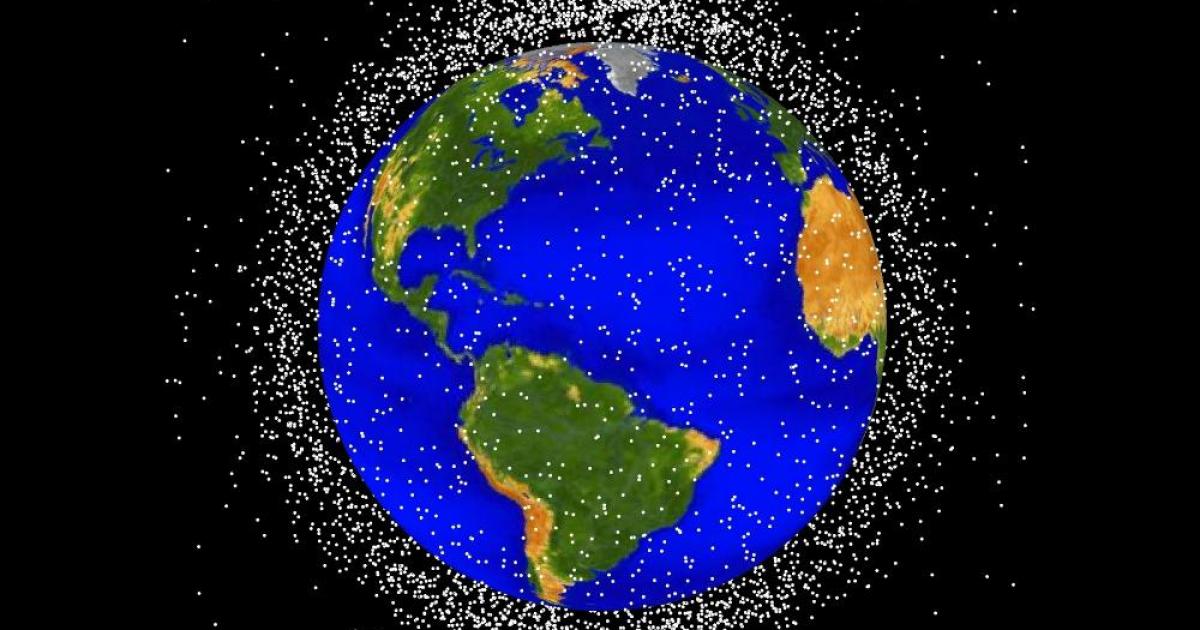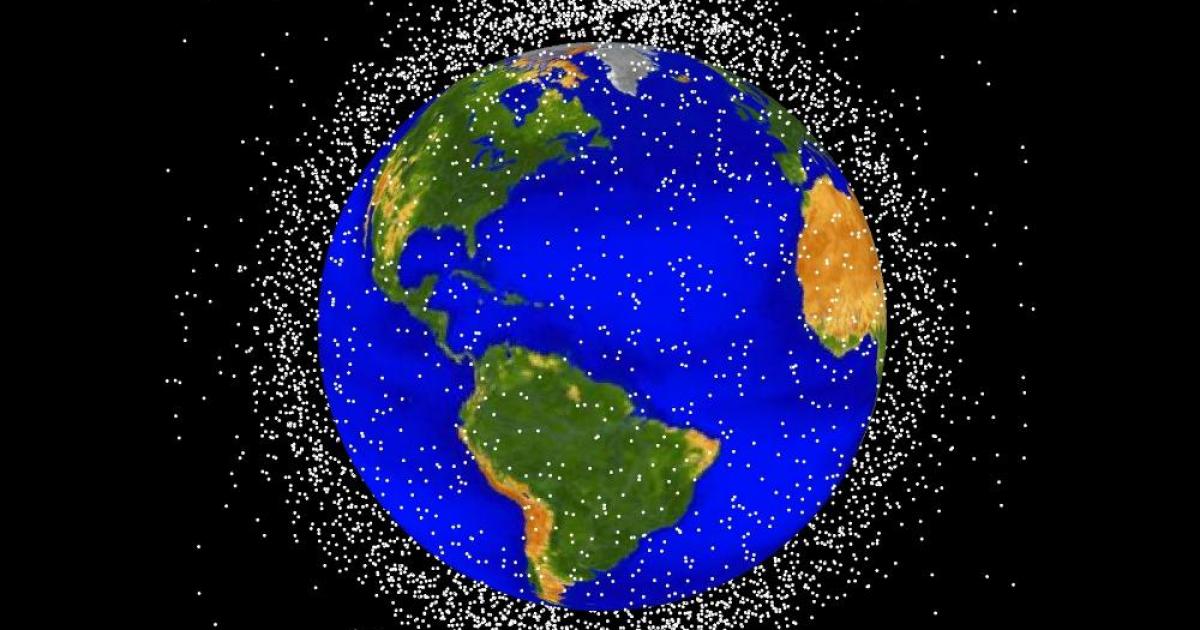
Space junk orbiting Earth is a growing problem. Old rocket parts and decommissioned satellites are orbiting our planet at great speed, posing a threat not only to functioning satellites providing critical services, but also to humans aboard the International Space Station and China’s own orbital facility.
The situation is made worse when the space garbage crashes into each other, causing them to break into smaller, equally hazardous pieces.
While we continue to search for effective ways to remove the debris from low-Earth orbit, the U.S. government has started to hand out fines to companies that fail to take proper responsibility for machinery left in orbit.
In the first fine of its kind by the U.S., the Federal Communications Commission (FCC) has slapped Dish Network with a $150,000 penalty for its failure to move its defunct satellite safely out of the way of operational ones.
Dish Network admitted liability regarding the state of its EchoStar-7 satellite and agreed to a compliance plan with the FCC.
The company’s EchoStar-7 launched in 2002 and was in a geostationary orbit some 22,000 miles (35,000 kilometers) from Earth. Dish Network was supposed to shift the satellite 186 miles (300 kilometers) further away from our planet, but after its deactivation in 2022 it lost fuel and was moved only 76 miles (122 kilometers).
This inability to carry out its agreed maneuver saw Dish Network violate the terms of its FCC license, which led to the fine.
“As satellite operations become more prevalent and the space economy accelerates, we must be certain that operators comply with their commitments,” FCC enforcement bureau chief Loyaan Egal said in a statement.
Egal described the outcome as a “breakthrough settlement,” that makes it “very clear the FCC has strong enforcement authority and capability to enforce its vitally important space debris rules.”
It’s too early to say if the FCC’s fine will be the first of many, or whether the action will have any real effect on those leaving junk in orbit. If the threat of fines persuades satellite operators to make better plans for what happens to their machinery after it’s decommissioned, then that’s all well and good, but clearing up the masses of debris that’s already in orbit is a more pressing issue.
Editors’ Recommendations
Services Marketplace – Listings, Bookings & Reviews
